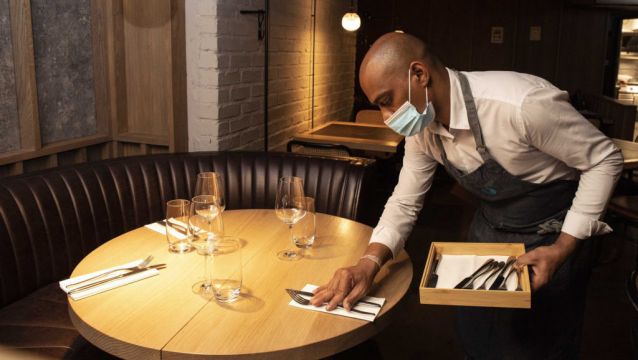The Drinks Industry Group of Ireland (DIGI) has called for a cut in Ireland’s high excise tax rate to make a tangible and immediate impact on businesses.
They said an excise rate cut would reduce costs for thousands of businesses overnight in the hospitality sector.
There call comes amid dramatic increases in costs as electricity prices for businesses are an eye-watering 60 per cent higher than the EU average, gas users experienced a price increase of 60.2 per cent, and heating oil increased by 91.9 per cent in July 2022.
In its 2023 pre-Budget Submission, DIGI have called for a 7.5 per cent reduction in Ireland’s excise tax rate to begin a programme of annual excise reductions aimed at gradually bringing Irish rates in line with the rest of Europe.
They said Ireland is among a group of outlier countries— Finland, Sweden, and the UK —that charges high levels of tax on drinks products relative to the rest of Europe and the UK. This is in addition to VAT charged on drinks.
Ireland has the second-highest overall excise rate in the EU and UK, the highest excise on wine, the second-highest on beer, and the third-highest on spirits, despite Ireland producing some of the world's most famous drinks products.
They said the Government levies a tax bill of almost €12 on a bottle of off-licence-bought Irish whiskey produced in an Irish distillery. The tax on the same bottle in Spain is only €2.69.
A recent report - the ‘Estimation of Costs of Doing Business in the Hospitality Sector: 2022 and 2023’ - commissioned by DIGI highlighted the soaring costs of doing business in the hospitality sector.
The report found that spiralling food and energy costs have taken their toll on the sector, with businesses facing a serious and sustained rise in costs now and in the period ahead.
Speaking about the report, DIGI chair, Kathryn D’Arcy said: ‘When you combine this analysis with recent findings showing a decline in the number of pubs of almost 2,000 since 2005, it points to the need for meaningful policy measures to weather the immediate period.
‘A perfect storm exists whereby the difficult operating environment, coupled with lower than anticipated economic growth and higher interest rates, means the business environment in 2022 and 2023 will be much more difficult than expected.
‘We’re seeking a reduction in Ireland’s high level of excise tax, to bring us in line with EU norms. The effect of this would be immediately felt. It would reduce costs for thousands of businesses throughout the country overnight."







